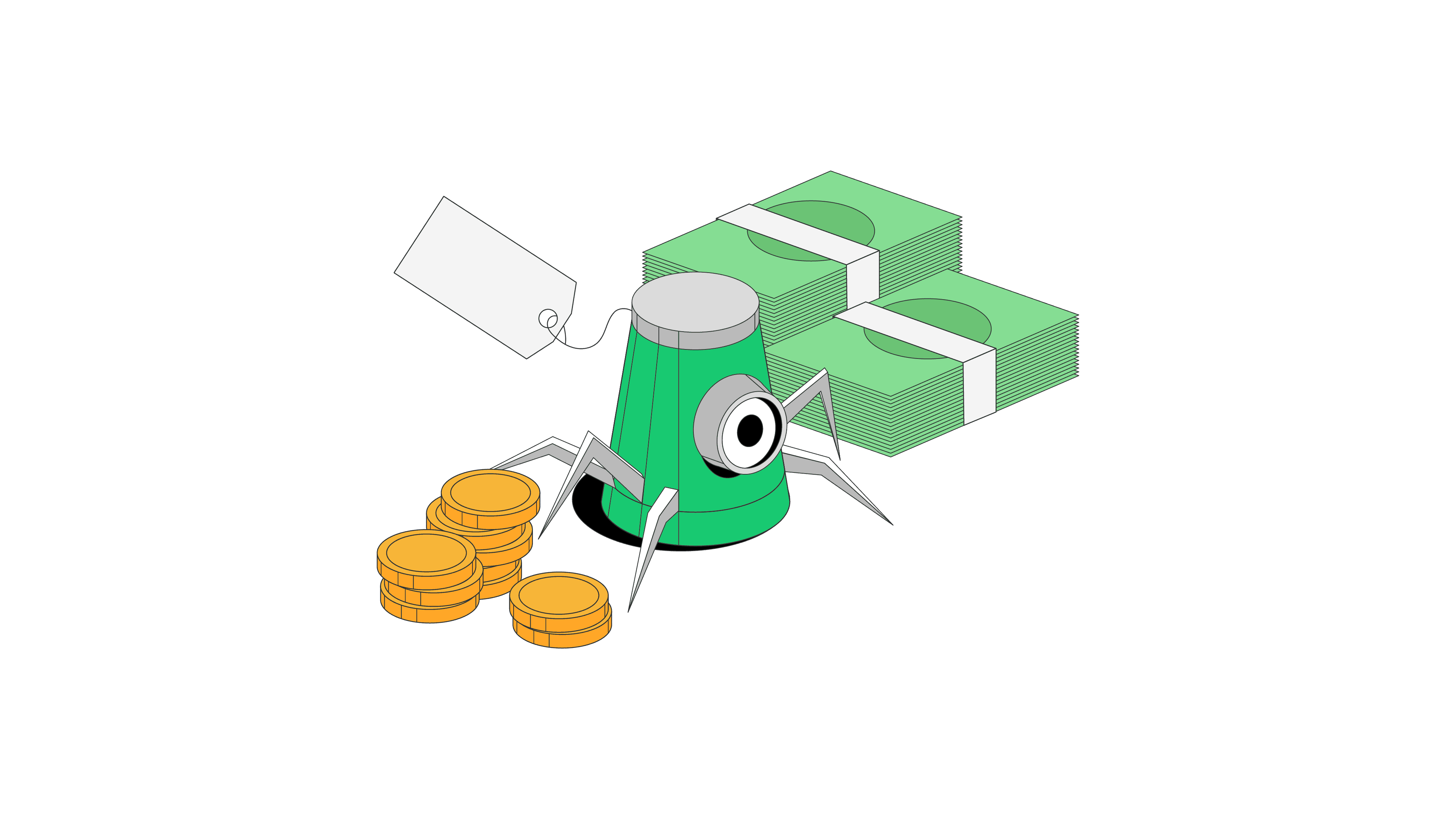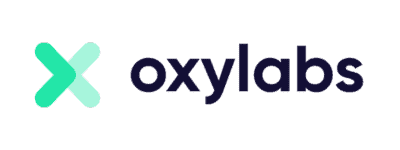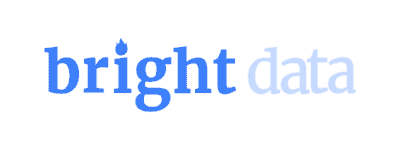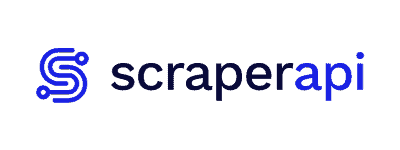The Best Price Scraping Tools of 2026
The e-commerce industry is very competitive, so real-time access to pricing data can be a game-changer. Price scraping allows you to monitor and analyze product prices across different online stores and marketplaces.
However, getting pricing information isn’t that straightforward. Not all websites have official APIs; if they do, you’ll be limited to data access permissions. Otherwise, e-commerce platforms implement anti-scraping measures to protect their data. So, what are your options? To tackle these challenges, you need advanced web scraping tools that can manage proxies and bypass detection mechanisms.
Whether you’re a small retailer or a large business, our list of top price scraping tools will help you get that pricing data. We’ve tested each tool, compared their features and price.

The Best Price Scrapers of 2026:

1. Oxylabs – premium e-commerce price scraping tools.

2. Decodo (formerly Smartproxy) – performant and affordable price scraper.

3. Bright Data – the most versatile price scrapers.

4. Zyte API – price scraper with a robust parser.

5. ScraperAPI – price scraper with versatile integration options.
What Is Price Scraping?
Price scraping is the process of collecting pricing information from various online stores and marketplaces. This technique uses web scraping tools to gather data on product prices, discounts, promotions, and other related information.
Why Do Businesses Scrape Prices?
- Competitive analysis: businesses gain insights into pricing strategies by scraping prices from competitor websites. You can adjust prices to remain competitive, attract customers, and increase market share.
- Market trends: price scraping helps to identify market trends based on seasonality and consumer preferences.
- Better customer experience: by keeping your pulse on the market, you can offer competitive prices and timely discounts. Competitive pricing also helps to reduce cart abandonment rates.
- Price parity: brands that sell through multiple channels like their own website and third-party marketplaces have to maintain price parity. Price scraping helps to check pricing across all sales platforms, preventing conflicts with retailers and protecting brand reputation.
Challenges When Scraping Prices from E-Commerce Websites
E-commerce websites like eBay and Amazon are among the most protected. They use various anti-scraping measures to safeguard their data, including:
- Rate limiting. It’s the number of requests a user (or bot) can make to the server within a certain time frame. This method is used to prevent overloading the server and automated scraping.
- IP blocks. Popular websites often monitor IP addresses. If they detect an IP making too many requests in a short period, they may block it, suspecting automated scraping activity. This can hinder the ability to gather bulk data quickly.
- CAPTCHAs. They are used to distinguish between human users and automated bots. CAPTCHA challenges are very common when scraping, and your scraper needs to solve the test. But it’s not as easy as you think – you may need to use CAPTCHA-solving services, rotate your IP, and constantly monitor your tool. A third-party service usually takes care of these aspects.
- User-agent filtering. The user-agent string is part of your browser fingerprint. When websites filter your parameters, they look for inconsistencies, and scrapers sometimes use outdated or generic user-agent strings.
Learn more: Main web scraping challenges.
Things to Consider While Choosing a Price Scraping Tool
Many tools are available for web scraping prices from e-commerce sites. But not all are equally suitable for specific project requirements. Knowing what to look for is the same as having a map in a maze. We’ve prepared some essentials for you to consider:
- Documentation and support. Comprehensive documentation will help you set up the scraper; in most cases, you can find answers to common issues and troubleshooting tips. Customer support is equally important – if the service is available 24/7, they can help with more serious roadblocks.
- Scalability. When considering web scraping tools, scalability allows you to handle varying loads by adding or reducing resources as needed.
- Dynamic content rendering. Make sure that the tool can scrape data from websites that require JavaScript to load dynamic content. Look for tools that allow you to customize scraping rules and parameters to fit your specific needs. Keep in mind that some providers charge more for JavaScript rendering.
- Data parsing. If you want to get clean data, the tool should include parsing functionality. Some providers offer parsers only with specific e-commerce platforms, so don’t forget to double-check. A tip: most specialized e-commerce web scrapers come with a built-in parser for major stores.
- Storage options: Check for flexible storage options, such as saving data to CSV, JSON, databases, or cloud storage services.
The Best Price Scrapers in 2026
1. Oxylabs
Robust e-commerce price scraping tools.

Web Scraper API (general-purpose)

195 locations with country-level targeting
- Data parsing: many e-commerce websites
- Pricing model: based on successful requests
- Free trial: 7-day free trial with 5K results
- Pricing: $49 for 24,500 requests ($2/1K requests)
Oxylabs stands out with its general-purpose scraper that allows you to get price data from major platforms like eBay, Amazon, and Google Shopping.
The scraper integrates as an API. Unlike some other providers, Oxylabs offers a built-in parser that supports over 100 online marketplaces that can structure data from any product page.
The provider also offers an AI-powered assistant OxyPilot which can be uses to auto-generate code snippets for scraping requests and parsing instructions. You can find and use the OxyCopilot in the Scraper API Playground.
All Oxylabs services come with performant proxies, global locations, extensive documentation, and customer support that’s available 24/7. Since Oxylabs is a premium provider, you’ll also get a dedicated account manager with enterprise plans.
For more information and performance tests, read our Oxylabs review.
2. Decodo (formerly Smartproxy)
Performant and affordable price scraper.

eCommerce Scraping API

195 locations with country-level targeting
- Data parsing: Amazon
- Pricing model: based on successful requests
- Free trial: 1K results for 7 days or 14-day money-back guarantee
- Pricing starts from:
– Core: $29 for 100,000 requests ($0.29/1K)
– Advanced: $30 for 15,000 requests ($2.00/1K)
Decodo also offers a specialized e-commerce scraping tool that allows you to collect prices from Amazon. If you want to scrape other online marketplaces, you can pass a universal e-commerce parameter by providing the full URL of the site.
You can integrate the scraper as a proxy server to receive results over an open connection. Alternatively, you can use it as an API to either receive real-time data or fetch results in batches once the job is done. In terms of performance, Decodo reached a perfect success rate during our tests, and the scraper was the second fastest.
The scraper has wide location coverage – you can target any country from 195 locations. There’s also an API playground to test your queries, customer support available whenever needed, and great documentation.
Decodo offers two e-commerce scraper subscription options – Advanced and Core. Core is a more basic alternative with fewer features (less output formats, no JavaScript rendering, etc.) but it’s significantly cheaper, and can work well for a small-scale scraping project.
For more information and performance tests, read our Decodo review.
3. Bright Data
The most versatile price scrapers.

Web Scraper API (e-commerce templates)

Web Unlocker (general-purpose)

Web Scraper IDE (general-purpose)

Ready-made e-commerce datasets
- Data parsing: several e-commerce websites
- Locations: global localization with city & country targeting
- Pricing model: based on successful requests
- Free trial: 7 days free trial for business clients
- Pricing starts from:
– Web Scraper API: $1.5 for 1,000 records
– Web Unlocker: $1,5 for 1,000 requests
– Web Scraper IDE: $4/1K requests (standard domains) or $8/1K requests (premium domains)
– Datasets: $500 for 200,000 records ($2.5/1K)
Bright Data has a vast arsenal of tools that can be used to scrape prices, including dedicated products for many e-commerce websites.
First, you can get its Web Scraper API that comes with custom endpoints for various e-commerce targets, such as Amazon product pages. They accept batch URLs and let you fetch the data as soon as the job is done.
If you don’t want to do any scraping yourself, Bright Data offers ready-made datasets for many e-commerce or other websites. You can buy the whole dataset or get a custom subset, with the ability to modify the data points.
The proxy-based Web Unlocker showed an almost 100% success rate, and a response time of 5.20 seconds in our tests. This tool is one of the few proxy-based APIs that offer up to ASN-level targeting.
And that’s not all. If you want to scale up your game, you can opt for its most powerful product – Web Scraping IDE. It’s a cloud-based environment with pre-built scraping functions and code templates. The tool is designed to handle large-scale scraping tasks, and customize scraping tasks to fit your specific requirements
In a nutshell, Bright Data’s tools are very performant. However, the service is pretty difficult to use and comes with prices that are above the average.
For more information and performance tests, read our Bright Data review.
4. Zyte API
Price scraper with robust parser.

Zyte API (general-purpose)

150 locations with automatic country selection
- Data parsing: any e-commerce website
- Pricing model: based on optional features
- Free trial: $5 credit
- Pricing: custom
Zyte is a popular provider in the web scraping world, especially if you need e-commerce data.
The provider primarily targets developers, but it also has a no-code interface. If you need to structure data, there’s an AI parser for e-commerce product pages.
What’s more, Zyte API can render pages like a browser, with features including element interaction, waiting, and scrolling. Enterprise clients also get access to a cloud-hosted Visual Studio Code environment for writing full automation scripts.
Zyte is another provider with an API playground that generates code snippets based on your selected parameters. However, the documentation is much more comprehensive for advanced usage.
You won’t find fixed price rates with Zyte’s service – the provider calculates the price dynamically based on multiple factors: for example, the target website or the use of headless browsers. All in all, if you don’t need to render JavaScript, Zyte is an affordable provider for scraping prices.
For more information and performance tests, read our Zyte API review.
5. ScraperAPI
Price scraper with versatile integration options.

ScraperAPI (general-purpose)

12 locations with 50+ available upon request
- E-commerce websites: three
- Pricing model: based on successful requests & optional features
- Data parsing: yes
- Free trial: 7 days with 5,000 requests
- Pricing: starts from $49/100,000 API credits
ScraperAPI offers a general-purpose web scraper with structured data endpoints for Amazon, Google Shopping, and Walmart.
The API offers versatile integration options, including a proxy server, a library/SDK, and two APIs: open connection and asynchronous.
If you’re not sure whether the product is worth your money, you can use a free plan with 1,000 API credits/month or try a 7-day free trial period with 5,000 free requests.
Instead of charging for successful requests, ScraperAPI uses a credit-based pricing system. Scraping well-protected e-commerce websites often necessitates features like JavaScript rendering or premium proxies, which consume more credits. You can use the API playground to gauge the price per request.
6. Nimbleway
AI-powered price scraper.

Web API (general-purpose)

150 locations with country, state, and city-level targeting
- Data parsing: yes
- Pricing model: based on successful requests
- Free trial: available
- Pricing: starts from $3 for 1,000 requests
Nimbleway has a general-purpose scraper – Web API – for handling price scraping tasks. The tool comes with various premium-grade features, such as AI-powered parser and batch processing.
The provider covers over 150 countries and has precise, up to city-level targeting. Even though Nimbleway only offers residential proxies, the provider gives mobile IPs for challenging targets when web scraping.
Nimbleway uses AI trained on HTML to extract data from different web pages. Additionally, there are parsing templates that you can use to clean and structure data using CSS selectors, as well as a dynamic parser with custom logic.
Web API was one of the most performant tools among the tested, capable of successfully opening even rarer targets, such as Lowe’s over 99% of the time.
Nimbleway uses credit-based pricing, and targets enterprise clients, so the service has a higher than average fee. Luckily, you can request a free trial, and choose to pay as you go or commit to a monthly subscription.
For more information and performance tests, read our Nimbleway review.
7. NetNut
Price scraping tool for enterprise.

Use the code Proxyway to get a 30% discount.

Website Unblocker (general-purpose)

150 locations with country-level targeting
- Data parsing: no
- Pricing model: based on successful requests
- Free trial: available
- Pricing: custom
NetNut offers a general-purpose tool – Website Unblocker – for price scraping tasks. It’s a proxy-based API primarily targeted at enterprise clients.
The web scraper covers 150 countries, but there are no additional targeting options. Additionally, there are no specialized endpoints for websites like Amazon or eBay, as well as no option to parse scraped results.
While the service is relatively basic, the proxy API was performant, with the average success rate being over 99%. It had no issues opening targets like Amazon and Walmart most of the time, but it struggled with getting results from less popular e-commerce websites like Lowe’s and Safeway.
The price of Website Unblocker is not listed on the website – you’ll have to reach out to sales for an offer. User experience can be improved as well. The service can be a little difficult to navigate for first-time users, and the customer support isn’t always fast to respond. Nevertheless, it’s a solid option for customers who plan to use loads of traffic on websites like Amazon.
For more information and performance tests, read our NetNut review.





